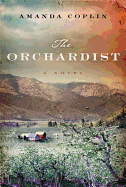Amazon: Lockers and Printed Textbooks Rentals
 The Wall Street Journal offered more information about Amazon's lockers, which have been introduced in groceries, convenience stores and drugstores in New York City, northern Virginia and, most recently, the Bay Area of California after being tested in Seattle (Shelf Awareness, June 25, 2012). Lockers are also being introduced in the U.K.
The Wall Street Journal offered more information about Amazon's lockers, which have been introduced in groceries, convenience stores and drugstores in New York City, northern Virginia and, most recently, the Bay Area of California after being tested in Seattle (Shelf Awareness, June 25, 2012). Lockers are also being introduced in the U.K.
The lockers help Amazon overcome "one of the last remaining barriers for some users, particularly urban apartment dwellers who fear they'll miss a delivery or have their items stolen from their doorstep," the Journal wrote.
Theft has been a problem "in Europe and Japan, and is growing in the U.S., especially as thieves have moved into the game," Fiona Dias, chief strategy officer for ShopRunner, told the paper. "It's easy to follow a UPS truck around and steal packages from doorsteps."
Amazon saves on shipping costs since, Dias said, UPS and FedEx charge as much as 20% more to deliver individual packages to residential addresses than multiple packages to a business address. Failed deliveries are also more expensive for online retailers because, the Journal said, "those consumers are more likely to call customer service, switch to a competitor, or get a replacement item."
Customers who opt to use the lockers are e-mailed a code when the package arrives that opens that locker. They have several days to pick up the package.
---
In other Amazon news, the company has expanded its textbook rental program, which had applied to e-books, to printed textbooks. The company is offering "thousands" of titles, with fulfillment by Amazon, and says students can save "up to 70%." The rental period is 130 days, and extensions are possible.
In the past several years, rentals have increased in popularity among students who want to pay less for textbooks.






SHELFAWARENESS.0213.S4.DIFFICULTTOPICSWEBINAR.gif)




 A recent Authors Guild filing, which asked Google to pay $750 per book, offered other revelations, including details about how the company scanned more than 20 million titles (eight million of which are English language works still under copyright), "has so far spent more than $180 million on book scanning and, at the outset of the project, one of its stated goals was to
A recent Authors Guild filing, which asked Google to pay $750 per book, offered other revelations, including details about how the company scanned more than 20 million titles (eight million of which are English language works still under copyright), "has so far spent more than $180 million on book scanning and, at the outset of the project, one of its stated goals was to 
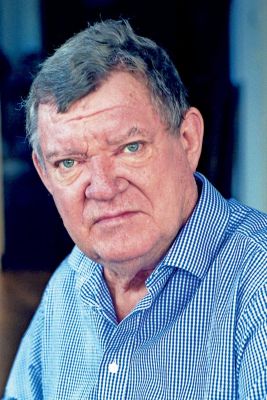
SHELFAWARENESS.0213.T3.DIFFICULTTOPICSWEBINAR.gif)
 On Sunday, Bank Square Books, Mystic, Conn., held an event for The Art of Hearing Heartbeats by Jan-Philipp Sendker, translated by Kevin Wiliarty (Other Press) that was attended by 60 people. Afterward, Bank Square co-owner Annie Philbrick hosted dinner for the author, who brought his translator along. From l.: Wiliarty, Sendker, Philbrick and Ann Kingman, Random House sales rep and PW rep of the year.
On Sunday, Bank Square Books, Mystic, Conn., held an event for The Art of Hearing Heartbeats by Jan-Philipp Sendker, translated by Kevin Wiliarty (Other Press) that was attended by 60 people. Afterward, Bank Square co-owner Annie Philbrick hosted dinner for the author, who brought his translator along. From l.: Wiliarty, Sendker, Philbrick and Ann Kingman, Random House sales rep and PW rep of the year.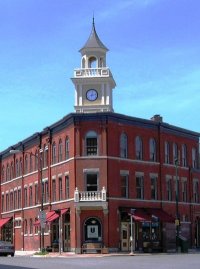 To thank customers and celebrate the 10th anniversary of its move to downtown from the Colgate University campus, the
To thank customers and celebrate the 10th anniversary of its move to downtown from the Colgate University campus, the 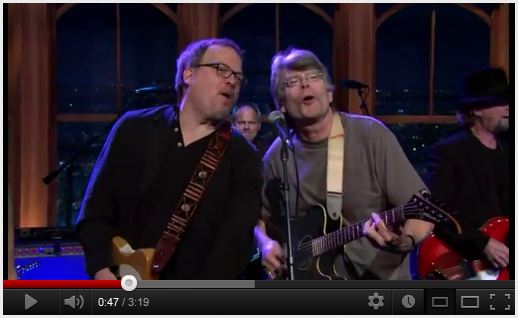
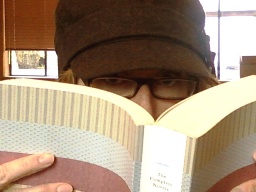 The question: What titles did booksellers at
The question: What titles did booksellers at 
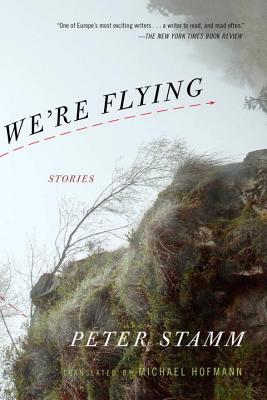 We're Flying consists of 24 stories, each of which, the GBO said, "possesses the traits that have built Stamm's reputation: the directness of the prose, the deceptive surface simplicity of the narratives and its deep psychological insight into the existential dilemmas of contemporary life. Stamm does not waste a word, nor does he spare the reader's feelings."
We're Flying consists of 24 stories, each of which, the GBO said, "possesses the traits that have built Stamm's reputation: the directness of the prose, the deceptive surface simplicity of the narratives and its deep psychological insight into the existential dilemmas of contemporary life. Stamm does not waste a word, nor does he spare the reader's feelings."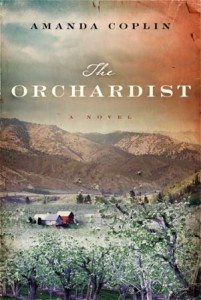 It may be true that no good deed goes unpunished, but it is also true that the punishing consequences of good deeds make for great stories. Amanda Coplin more than exploits the dramatic possibilities of this maxim in her debut novel, The Orchardist. Her do-gooder is William Talmadge, the orchardist of the title, who has lived alone on a vast Wenatchee Valley homestead ever since his teenage sister disappeared during a herb-foraging walk in 1865. Unable to determine whether Elsbeth ran away or was abducted, Talmadge has preserved the wild forested area where her bonnet was found as a sort of tribute and devoted his prime years to the meticulous husbandry of 25 acres of apricot, plum and apple trees. His social interactions are modest: the transitory company of horse wranglers who barter orchard work for camping rights, one of whom became a friend after helping to search for Elsbeth; and a chaste friendship with the midwife/herbalist who lives on the edge of town. As Coplin writes, in one of her singularly lyrical-concrete phrases, Talmadge's mind is ordered by "the rigid scaffolding of chores."
It may be true that no good deed goes unpunished, but it is also true that the punishing consequences of good deeds make for great stories. Amanda Coplin more than exploits the dramatic possibilities of this maxim in her debut novel, The Orchardist. Her do-gooder is William Talmadge, the orchardist of the title, who has lived alone on a vast Wenatchee Valley homestead ever since his teenage sister disappeared during a herb-foraging walk in 1865. Unable to determine whether Elsbeth ran away or was abducted, Talmadge has preserved the wild forested area where her bonnet was found as a sort of tribute and devoted his prime years to the meticulous husbandry of 25 acres of apricot, plum and apple trees. His social interactions are modest: the transitory company of horse wranglers who barter orchard work for camping rights, one of whom became a friend after helping to search for Elsbeth; and a chaste friendship with the midwife/herbalist who lives on the edge of town. As Coplin writes, in one of her singularly lyrical-concrete phrases, Talmadge's mind is ordered by "the rigid scaffolding of chores."